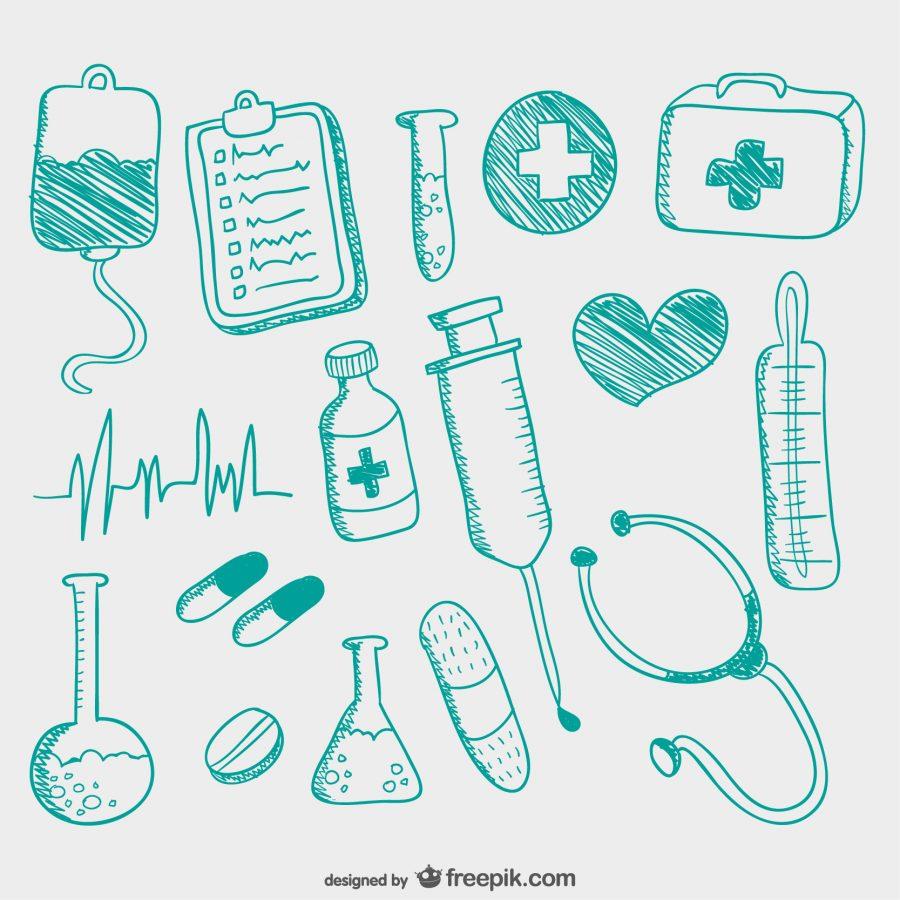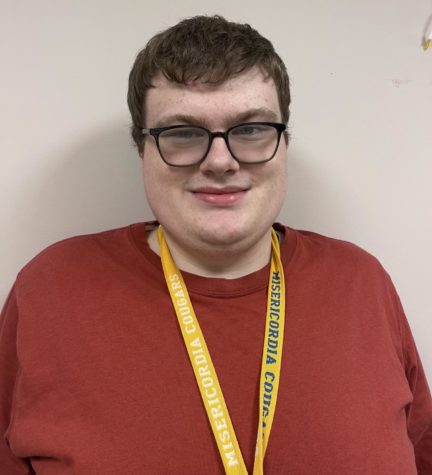Inside Scope on Medical Truth: Medical Mistakes
October 1, 2016
Hospitals are often a place we deem safe. When you are injured or ill, you go there with the hopes of getting quality care from doctors, nurses and other qualified medical professionals. And most times, that’s exactly what you get, but consider this: Medical mistakes are the third leading cause of death in the United States.
Medical mistakes follow heart disease and cancer, which are number one and two on the list of leading causes of death, respectively. But there’s obviously a difference between them.
Heart disease and cancer are treated by medical professionals whose objective is to care for the patient and ultimately make them better. In the case of medical mistakes, doctors and other medical professionals are the direct cause of a patient’s demise.
According to the Journal of Patient Safety, “between 210,000 and 440,000 patients each year who go to the hospital for care suffer some type of preventable harm that contributes to their death.”
So what’s considered a medical mistake? The definition is loose and broad. A mistake can be miscommunication, incorrect doses of medications, poor judgment and diagnostic errors.
Are medical mistakes avoidable? It’s easy to say that these mistakes should not happen in the medical setting, but every hospital worker is human. Humans make mistakes.
In no way am I suggesting that these mistakes are okay. It is realistic to reduce the number of medical mistakes even if they cannot be eliminated.
How can we do this? By working together. In the hospital setting, communication is key, and frankly, from my experiences, it is something you don’t see often enough.
Medical professionals are divided among hospital departments, and they often don’t have the opportunity to share. Strategies for increasing information-sharing among and between departments must be the focus.
It’s crazy to think that basic communication could save lives. Medical professionals complete many years of education and master complex procedures that enable them to save lives, yet something so basic and simple is lost.
So, fellow students, my advice to you: Be the change you want to see in the world. When you go out into the clinical setting or finally get that job you so desperately wanted, take you education and training, of course, but don’t forget your voice, too.
Speak up. Offer a helping hand. Ask questions. Ask again. Sometimes the most basic things can save lives, too.







